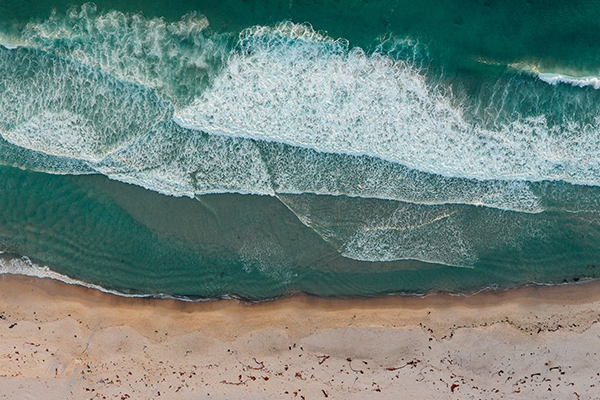More than half a millennium, Zheng He has become a modern China’s potent symbol. Back in 2005, the nation marked the 600th anniversary of the voyages that were seven right from 1405 to 1433, that Zheng undertook in his vast ‘treasure fleets’ with celebrations that were done nationwide. The Olympic Games in Beijing of 2008 had the opening ceremony dramatizing his explorations to the Middle East as well as Africa’s shores from Southeast Asia. There exists more than just historical curiosity behind all the new efforts. After centuries after Zheng’s expeditions, being the Muslim eunuch he was, such slipped out of the awareness of the public, and got obscured by new dynasties rise and fall (Frank, 2005).
The Zheng voyages’ legacy, which involve hundreds of ships, with some being exponentially bigger the three that had Christopher Columbus as the captain decades later, in 1492 got invoked by the Chinese as a proof of history of the disparities that existed between the West and China’s global roles. Though the display that was unprecedented of maritime power, was meant for extension of the Ming Dynasty to reach over a tributary states’ network, Zheng did not at all resort to the kind of measures that are coercive and violent that were taken for centuries by colonizers of Europe, especially in Africa (Edward, 2007). Even though Zheng’s expeditions aura may to some extend bolster the soft power budding for China, it is still not clear, which long-lasting impact the fleets that were visiting had on the medieval Africa (Sally et al, 2012).There were no durable trade ties that were left in place. While at some point, stories still lingering Kenya’s Lamu archipelago of a community that is light-skinned had to descend from the Chinese sailors of the shipwreck, populations there do not retain any trace of language of customs for the Chinese. In addition, even though Beijing plays up the said voyages as Chinese adventure that was triumphant, there was still a Muslim character in the journeys. Zheng used to practice Islam, just like Ma Huan, who was the main chronicler aboard the ships (Tan, 2009).

